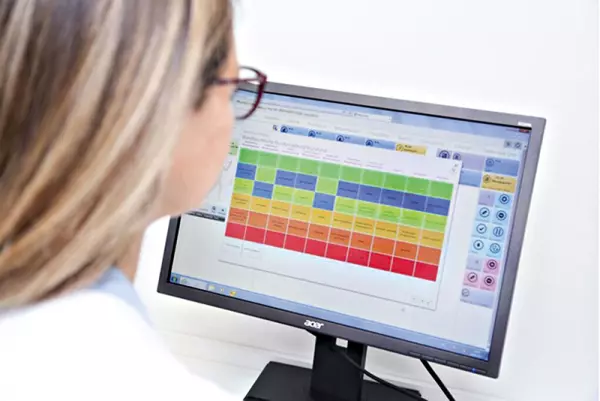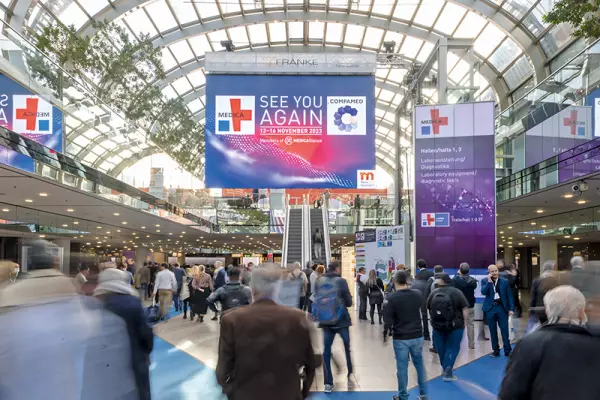
(06/2021) by Dr. Christoph Luz, Managing Director Germany, Switzerland and the Netherlands, Global Healthcare Exchange / GHX
Covid-19 poses major challenges for the healthcare supply chain. Due to delivery bottlenecks, hospitals are reviewing relationships with their suppliers and defining new requirements. The associated consequences affect manufacturers, distributors and specialist dealers alike.
At the beginning of the pandemic, many suppliers had to experience that they were suddenly no longer able to give their customers reliable information about orders and deliveries, especially in the field of PPE. A major point of criticism from customers: the communicative handling of delivery bottlenecks.
Reliable communication
Clinics complained that they lacked open and reliable communication. Those who made clear statements could gain trust here - also about their own inability to deliver. Suppliers should take this criticism seriously and review their customer communication accordingly. In this situation it is an advantage to actively seek dialogue with the customer and agree on common communication guidelines.
Changeover away from just in time
Even if things went well for years: The pandemic has revealed the danger of the globalized just-in-time supply chain. This realization shakes entire supply chain models. Suppliers, manufacturers, dealers and customers have to establish new early warning systems that recognize bottlenecks when the effects are not even noticeable. Global data play an important role here, for example on crises, political tensions, natural disasters, epidemics that can spread into pandemics, and much more. Such data, reliably collected and fed into rating systems, can help identify risks before it is too late.
Diversification of Risks
In addition to more transparency about the current delivery situation, hospitals will also require deeper insights into the production and supply chains of their suppliers in the future. They will add new criteria to their scoring models or rebalance them:
This means: those who are broadly based and thus offer the clinics the lowest possible risks will score in the supplier scoring. So suppliers need to rethink and invest in their own risk management systems. This can even mean moving some of the production sites back onto European soil and creating new decentralized storage capacities. Manufacturers should also take a close look at their own suppliers: How great is their risk of running into bottlenecks and difficulties? Experts advise you to focus more on diversification, i.e. to work with several geographically distributed suppliers. Those who present their customers with a solid, valid risk management system can regain or strengthen trust.
Creativity asked
The pandemic has also shown that in times of extreme crisis, local alliances can be forged or creative solutions found quickly to prevent the risk of bottlenecks. A current example is the University Clinic in Cologne: As the first hospital in Germany, it has made itself more independent of international delivery bottlenecks with its own mask production facility. In order to take advantage of such opportunities, suppliers should talk to their customers and also consider new, more creative forms of cooperation. An even closer interlinking of research, development and production is certainly a sensible way here.
"Made in Germany" for more supply chain security
Another trend can be seen in the example of the University Hospital in Cologne: The “Made in Germany” approach is being used completely. The production facility was built in Düsseldorf, de









